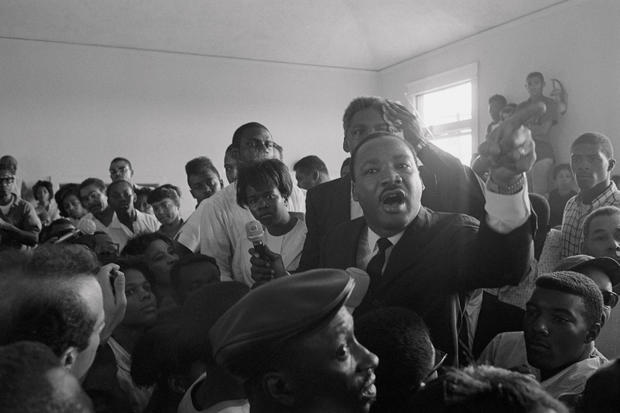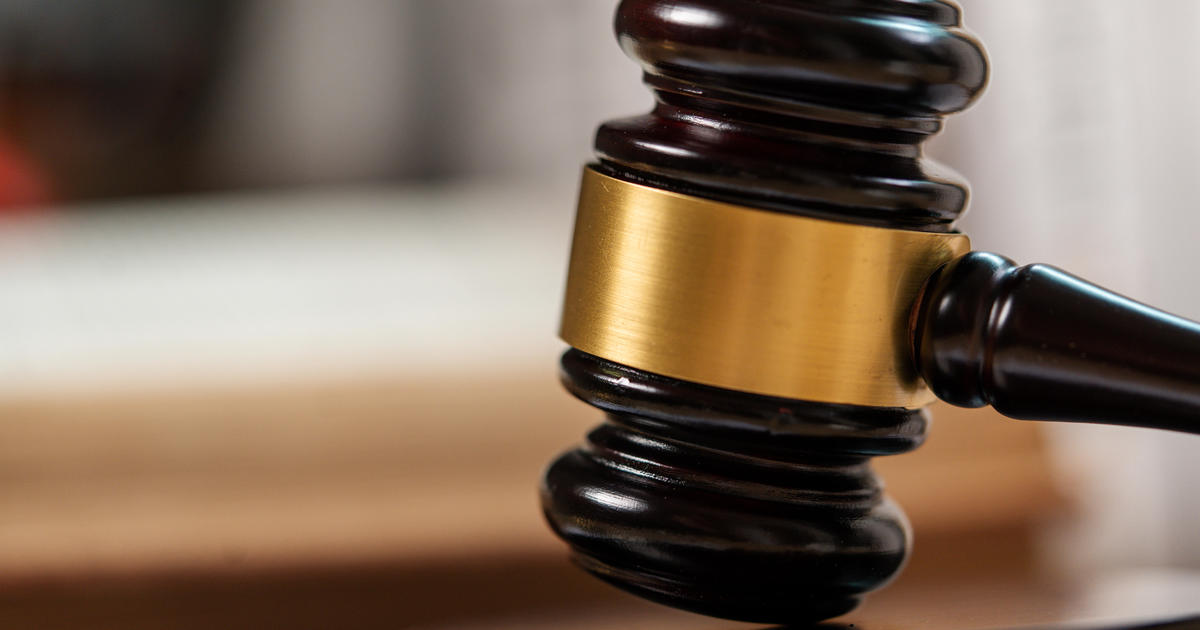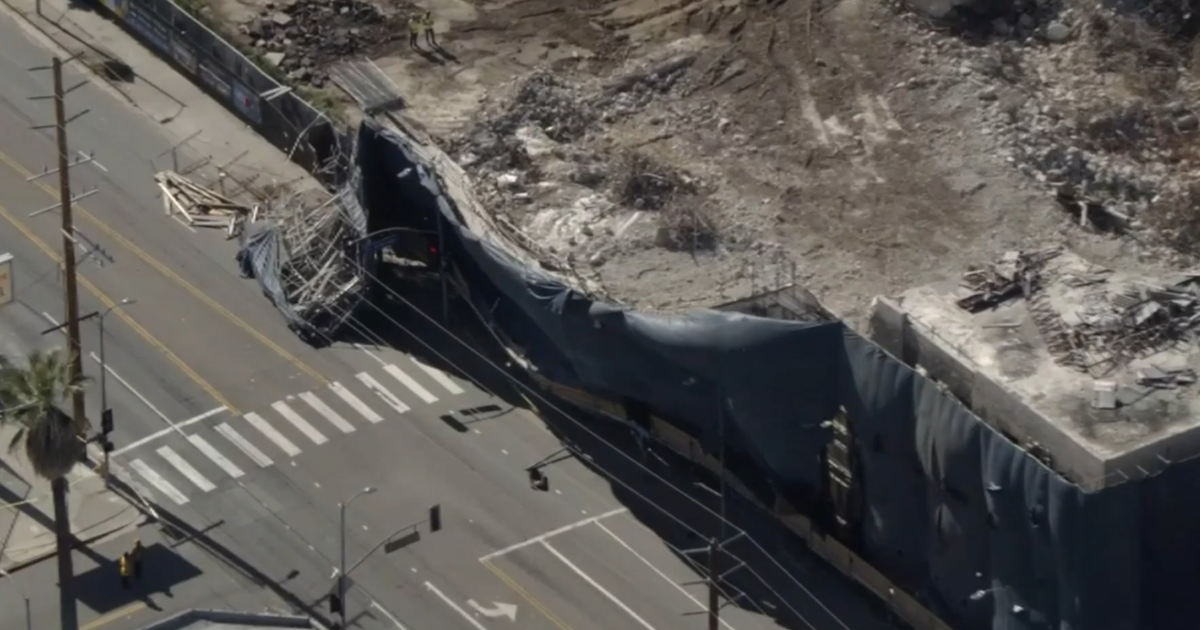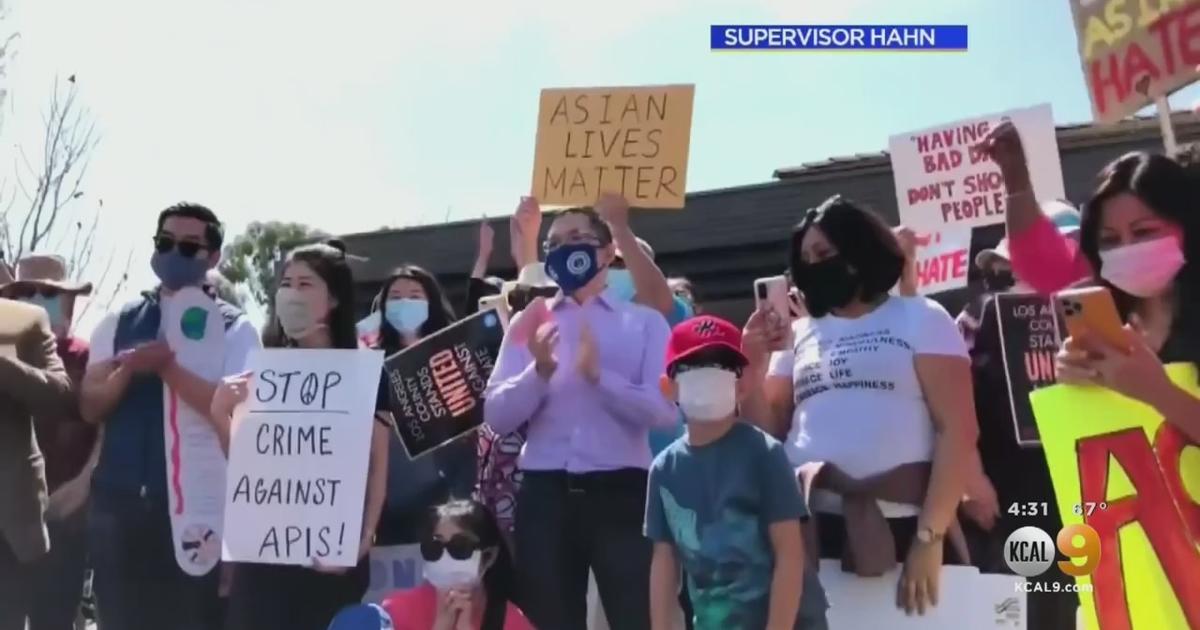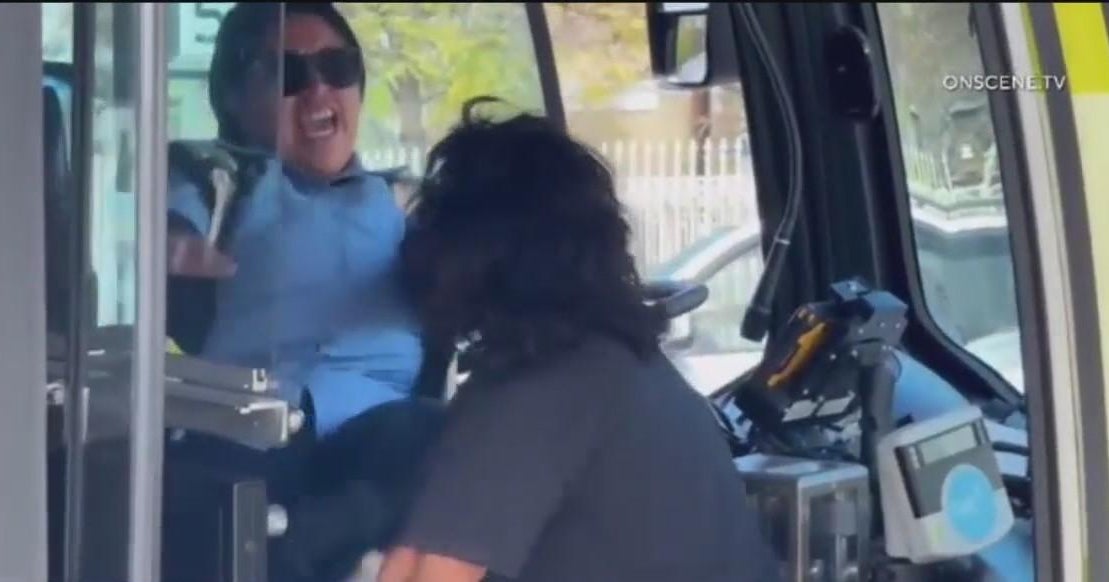Martin Luther King Jr. Had Strong Relationship With LA During Civil Rights Movement
LOS ANGELES (CBSLA) – Martin Luther King Jr. is known for his influence across the United States, but he also had a powerful connection to the Southland, making several trips to Los Angeles during the civil rights movement.
"A lot of people just don't know how King was tied to Los Angeles," Najuma Smith Pollard, a pastor and program manager at USC, told CBSLA's Suzanne Marques.
Dr. King spoke at USC in 1967, but by that time, he had been making trips to L.A. for more than a decade.
"He came here as early as, I believe 1956, when he visited Jefferson High School," Pollard said.
He also grand marshalled a parade through South L.A. on that trip.
The following year, the Baptist preacher gave a sermon at Second Baptist Church, also near USC.
"I was a member of Second Baptist Church here in Los Angeles, which is a legacy church in Los Angeles, and at the time, him and Pastor Kilgore were close friends," Pollard said.
In 1960, Dr. King marched in downtown L.A., protesting segregation at Woolworth's department store.
In June of 1961, he did a press conference at Los Angeles International Airport, and toured Compton and Watts.
In 1963, at Wrigley Field, then home of the L.A. Angels, Dr. King was keynote speaker for the L.A. Freedom Rally. Nearly 40,000 people packed the stadium, with stars like Paul Newman, Sammy Davis Jr., Dorothy Dandridge and Rita Moreno.
On May 31, 1964, Dr. King spoke at L.A. Memorial Coliseum, the same year he won the Nobel Peace Prize.
The next year, Dr. King spoke at the L.A. World Affairs Council at the Hollywood Palladium.
"I can assure you that my experience here in Los Angeles, for these days, is a refreshing contrast to Selma, Alabama," Dr. King told the council.
During his trip, he also spoke at the Temple Israel of Hollywood.
"It was a long time ago and I remember it clearly," Bruce Corwin said.
"The sanctuary was packed," Ruth Rose added.
"You were in the presence of greatness, and you knew it, and…the room was so quiet," Corwin said. "You could hear everyone breathing, you could hear him breathing. And it was…momentous."
"Dr. King was remarkable," Rose said. "He was eloquent, his words were meaningful, and it was an emotional evening."
A planned trip to the Cinerama Dome was cancelled after police found dynamite in the theater.
After the Watts Riots in 1965, Dr. King came to South L.A. to talk to Black residents about their struggles. He spoke to President Lyndon Johnson about issues of police brutality and economic despair, issues that are still as relevant today.
"It's in the heart of a community that has struggled for a number of years with issues related to gang violence and related to poverty," Pollard said.
In 1967, when Dr. King spoke at USC's Bovard Auditorium there was a bomb scare, but Dr. King still finished his speech.
"To fight for one's own freedom has a risk attached it, and everyone's not willing to take the risk of doing that work," Pollard said. "He was well-received in L.A., but his message was still very controversial. And there were those that did not want him to come. But he came, and he made an impact, and it's a legacy that we cannot forget."
